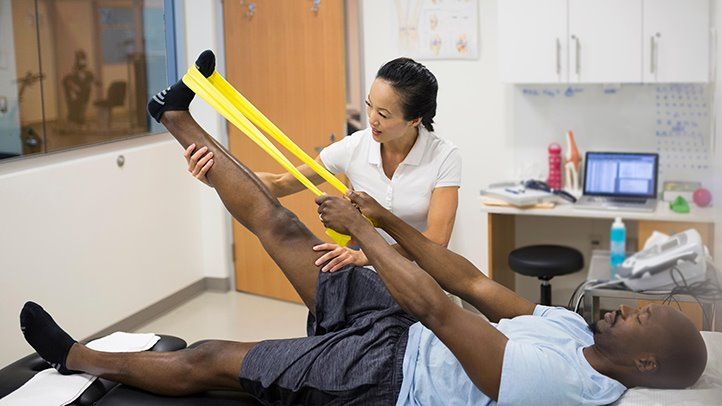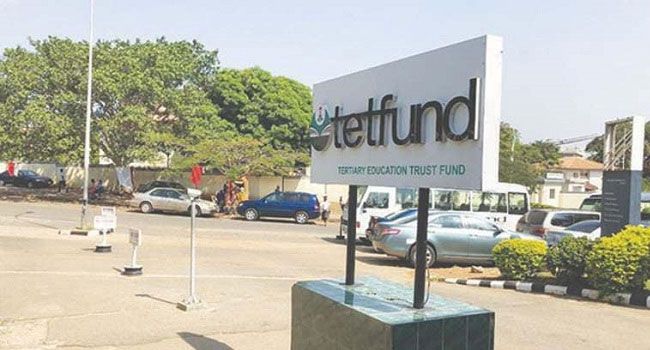
Texas Tech University Health Sciences Center (TTUHSC) researchers, in the United States, have received a $3 million grant renewal from the National Institute of Neurological Disorders and Stroke (NINDS) to continue their groundbreaking work on stroke therapies through 2030.
The funding builds on a $2.9 million grant first awarded in 2018 to investigate how the brain protects and repairs itself after ischemic stroke.
The team’s research focuses on harnessing neurolysin, an enzyme identified as a key self-protective mechanism that helps limit neuronal damage and supports recovery. By mimicking or enhancing this natural process, scientists aim to develop new medications that could transform stroke treatment.
Led by multiple principal investigators from TTUHSC’s Department of Pharmaceutical Sciences, the original project included Thomas Abbruscato, Ph.D., department chair and director of the Brain Drug Discovery Research Center; Vardan Karamyan, Ph.D., now at Oakland University; and Paul Trippier, Ph.D., now at the University of Nebraska. Despite relocations and the disruptions of the COVID-19 pandemic, the collaboration produced 29 publications and two patents, achievements that helped secure the competitive renewal.
“Winning a renewal is often considered more difficult than obtaining the initial grant,” Abbruscato said, noting that the team’s productivity demonstrated its potential to deliver breakthrough therapies.
Under the new award, the researchers will pursue three integrated goals. Trippier’s lab will use medicinal chemistry to optimize lead compounds, refining the activity and drug-like properties of neurolysin activators.
Parallel studies will continue advancing the understanding of neurolysin’s role in protecting brain cells and promoting recovery after stroke.
With stroke remaining one of the leading causes of death and disability worldwide, TTUHSC officials say the renewed support positions the team to make meaningful progress toward therapies that could improve outcomes for millions of patients.



